
“If you don’t make time for your wellness, you’ll be forced to make time for illness,” says Carlos Siguenza, reflecting on the journey that gave him a second chance at life.
Four years after receiving a kidney transplant, Siguenza celebrates not just his health, but the purpose he’s found in helping others. Now working with DaVita Kidney Care, he now shares his story to inspire the Latino community to take charge of their health and understand how early screenings can truly save lives.
“Every person takes information in a different way and I've learned to understand that with some of the patients here at the center,” Siguenza said. “My goal is always to get to know the patient before I start providing education, but one of the challenges I face is the patient not coming with an understanding or not really comprehending what the situation is and that's always a big challenge.”
Kidney failure affects almost 750,000 people per year in the United States. The disease disproportionately affects the nation’s minority and low-income patients. Additionally, chronic diseases such as obesity, diabetes, nonalcoholic fatty liver disease and dyslipidemia disproportionately affect the Latino community, according to the American Public Health Association.
For Siguenza, having personally gone through the experience of learning he had a chronic illness, it’s crucial for him that the community comes together to raise awareness and educate others about the importance of early detection.
Now that he works as an educator, Siguenza recently had the opportunity to participate in DaVita’s community health initiative, which is a partnership with the American Diabetes Association aiming to provide free health screenings to community members at three local nonprofit organizations in Los Angeles.
“The community health experience was a very great experience for me. I've never done community outreach on that level [that is] non-dialysis related. Worrying about how your blood pressure and diabetes can affect your kidneys, a lot of people don't know that and that was a really good experience for me to be part of that experience and share that information to others,” Siguenza said.
He also shared that many Latinos tend not to focus on preventive care, often assuming that if a doctor says they’re fine, then everything must be okay without asking further questions about their health. He emphasized that it’s important to pay attention to symptoms and not be afraid to question or seek more information, whether the signs seem good or bad.

Community health experience with communities in Orlando.
The free screenings hosted at the nonprofit organizations are a way for locals to get checked for chronic diseases and become more empowered to take control of their health earlier rather than learning about their diagnosis than learning about a diagnosis when they’re already in need of life-sustaining care. Siguenza also added that community health events like these can benefit everyone, not just the Latino community. “We need to understand that we can be the change, we don't have to be the statistic,” he said.
The next free health screening will be taking place at LA Care Community Resource Center in Lincoln Heights. On-site parking is available. Seeds of Hope will also provide on-site free food distribution services and language translation will be available.
Time: 9:00 a.m. - 5:00 p.m.
When: Friday, October 10, 2025
Where: 2430 N. Broadway, Los Angeles, CA 90031

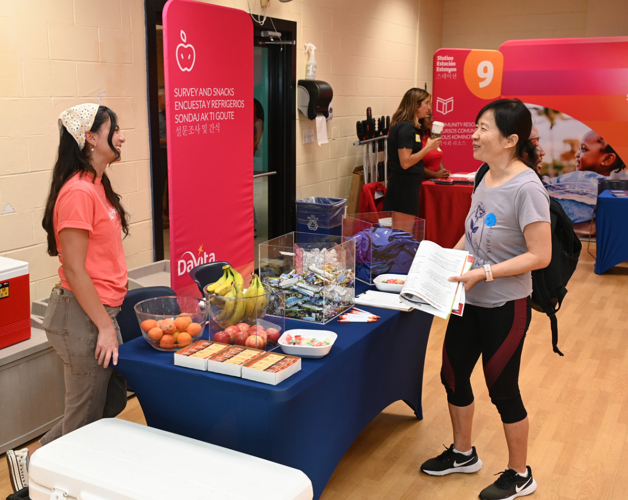
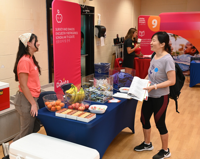
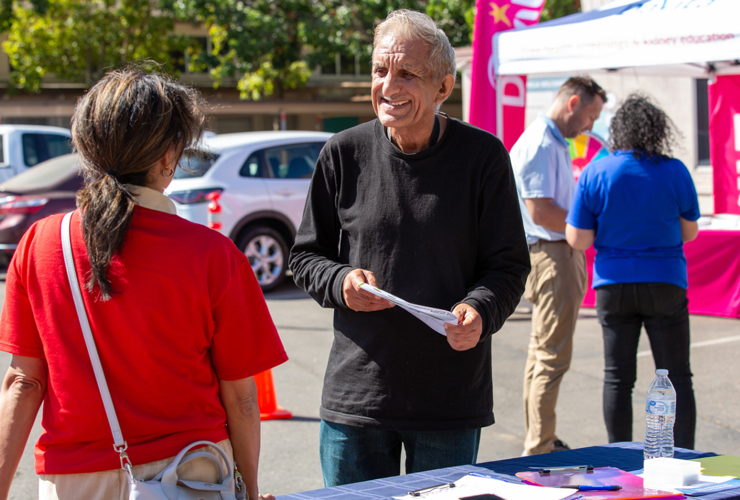
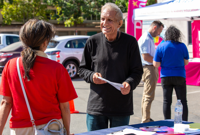

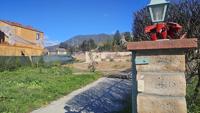



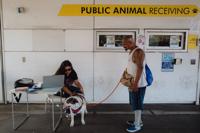


(0) comments
Welcome to the discussion.
Log In
Keep it Clean. Please avoid obscene, vulgar, lewd, racist or sexually-oriented language.
PLEASE TURN OFF YOUR CAPS LOCK.
Don't Threaten. Threats of harming another person will not be tolerated.
Be Truthful. Don't knowingly lie about anyone or anything.
Be Nice. No racism, sexism or any sort of -ism that is degrading to another person.
Be Proactive. Use the 'Report' link on each comment to let us know of abusive posts.
Share with Us. We'd love to hear eyewitness accounts, the history behind an article.